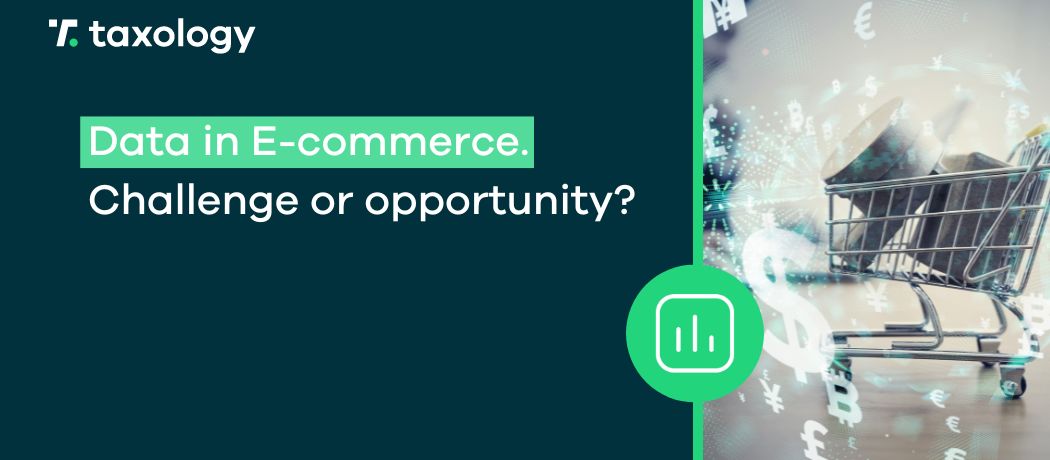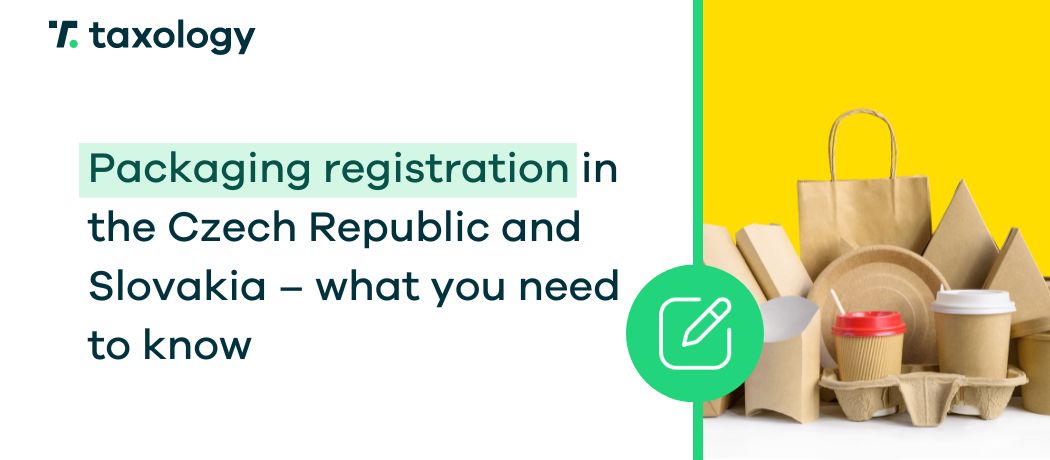France is one of the largest and wealthiest countries in Europe, making it an extremely attractive market for expansion for many entrepreneurs in the e-commerce sector. However, like any other […]
Read in: 5 minData in E-commerce. Challenge or opportunity?
- Last update: 23.02.2024
- Published: 09.03.2022
- Read in: 3 min
How to aggregate data in omnichannel selling? Why understanding and analyzing of data in e-commerce is so important? Must read it.
Why data is so important?
“Data is the new oil. Like oil, data is valuable, but if unrefined, it cannot really be used. It has to be changed into gas, plastic, chemicals, etc. to create a valuable entity that drives profitable activity. So, must data be broken down, analysed for it to have value.” – Clive Humby
In terms of e-commerce above quotation seems to be even more accurate. Multiple online marketplaces, online shops, storefronts providers, hundreds of transactions per day, customers from different parts of the world, complex KPI’s. Amount of data that even small online seller needs to face can be overwhelming. Making good usage of this vast amount of knowledge is a key factor to build a successful, modern and cost-effective business.
Unfortunately, nothing is for free. Below you can find 3 main data-related challenges:
1) Data accessibility
We have good and bad news here. Starting from the good one. Almost all e-commerce platforms offer multiple mechanisms which can be used to gather data about orders, shipments, returns, customer reviews and much more. Most platforms offer :
- Admin panels with useful dashboards
- Multiple reports
- Notifications that can inform about particular events
- Dedicated APIs
The bad news is that to understand this data well, you need to go through tons of documentation, moreover, in the case of the reports and API’s, deep technical knowledge is a must. Things are getting even more complicated if you need to gather data from multiple e-commerce platforms. Each platform has its own standards, formats, naming conventions or reports generation logic. If you multiple all of this by thousands of transactions per month it occurs that despite the data being accessible you are not able to use it in an efficient way.
2) Inconsistency
Selling via multiple channels generate another challenge – inconsistency. The product is a perfect example here. Depending on the sales platform you would have multiple product codes for a single SKU. In most cases, you would need to face completely different attribute sets. Data would be served in multiple languages, some of it would be outdated.
It would be hard for us to find a single point of truth, and this is just a first step to accurate reporting.
3) Common understanding
The above mentioned are rather technical aspects. Unfortunately, the most complex challenge is to understand the data and make good usage of it. Big enterprises hire dozens of data engineers, scientists, modellers that help to forge huge datasets into the business insights. As you can imagine building an internal data analytics team cost a small fortune.
So what can you do to make good usage of your data?
The simplest solution is to use online tools dedicated to e-commerce sellers. SellerBoard and JungleScout are good examples here. Easy to use, user-friendly, and equipped with multiple helpful functionalities.
A bit more complex, but much more flexible solutions are e-commerce data aggregators. Rather platforms than tools, that help to gather data from multiple e-commerce systems. Equipped with sophisticated algorithms that normalize, standardize and harmonize the data in order to optimize the data consumption process. Those solutions are dedicated to bigger companies, where data usage use cases are too complex for the predefined tools.
No matter if you decide to go the easy way or if you plan to build your own Business Intelligence team the most important is to remember that despite all the challenges data is a very valuable asset. An asset you should try to understand and care about is an asset that provides the opportunity to scale your sales and grow your business in a stable and controlled way.




